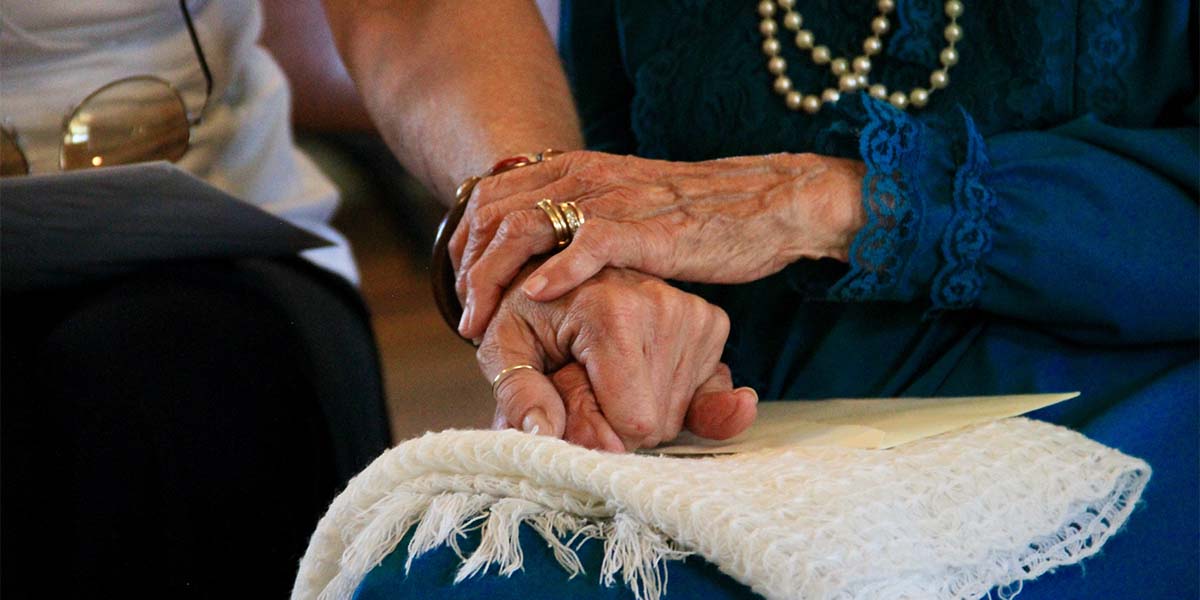.png)
How to Protect Your Teen from Diet Culture Dangers
Protecting teens from “diet culture” is crucial; not just for their immediate wellbeing, but for establishing healthy relationships with food and their bodies to support lifelong physical and mental health.
What Is Diet Culture?
Diet culture is a belief system that values thinness, appearance, and shape above health and wellbeing. It manifests as social expectations telling us that controlling our bodies (particularly by restricting food or excessive exercise) is normal and necessary.
Society often makes us think it's normal to excessively control our food and exercise. Diet culture looks like:
- Elevating certain body types as "ideal" (while stigmatizing others)
- Promoting weight loss as a means of attaining higher status
- Equating thinness with health and moral virtue
- Encouraging food restrictions and rules that ignore internal cues like hunger
- Creating a cycle of shame around eating and body size
Diet culture has become deeply embedded in American culture, appearing in:
- Advertising and marketing campaigns
- Health and wellness messaging
- Entertainment media and celebrity culture
- Everyday conversations about "good" versus "bad" foods
- School environments
- Family dynamics and messages that get passed down through generations
- Social media influencers, filters, and targeted content
why teens are so vulnerable
The obsession with looking thin affects people across the globe, especially women. Adolescents are especially vulnerable to diet culture messaging because their brains are still developing, particularly in the areas responsible for impulse control and long-term decision making.
According to the National Association of Anorexia Nervosa and Associated Disorders, 35% of "normal dieters" progress to pathological dieting, and of those, 20-25% develop eating disorders. Teenagers are especially susceptible because:
- Their bodies are naturally changing during puberty, often in ways that move them away from idealized body standards
- Identity formation is a central developmental task during adolescence
- Peer acceptance and social comparison become increasingly important
- They have unprecedented exposure to idealized images through social media
- They lack life experience to critically evaluate harmful messaging
This vulnerability translates to real consequences: studies show that by age 17, approximately 50-70% of teenage girls and 30-40% of teenage boys have engaged in unhealthy weight-control behaviors including skipping meals, fasting, smoking cigarettes, vomiting, and taking laxatives.
body image warning signs
- Changes in eating patterns or food relationships
- Body image concerns and negative self-talk
- Exercise habits becoming rigid or obsessive
- Social withdrawal around food situations
how can I help my teen overcome diet culture?
If and when you suspect your teen may be experiencing disordered eating, open a nonjudgmental conversation. Use supportive language. Talk to them openly and with curiosity, not “You need to_______”. And help them navigate and respond to diet talk from peers, family, and friends.
Use facts with your teen about the potential physical and psychological impacts of restrictive dieting or exercise. Here are a few talking points:
Physical:
- Nutritional deficiencies: Inadequate intake of nutrients during a critical growth period
- Disrupted growth and development: Puberty, brain development, and bone formation
- Hormonal imbalances: Dietary restriction can disrupt normal hormone production, potentially causing delayed puberty or menstrual irregularities
- Metabolic adaptations: Frequent dieting can slow metabolism and alter hunger/fullness cues
- Impaired athletic performance: Insufficient fueling affects energy levels, endurance, recovery, and strength gains
- Compromised immune function: Nutritional inadequacies can weaken the body's defense systems
- Disordered eating: What begins as "healthy eating" can progress to clinically significant eating disorders with serious medical complications including:
Psychological:
-
- Body dissatisfaction: Constant comparison to unrealistic ideals leads to negative body image
- Decreased self-esteem: Worth becomes tied to appearance and dietary "success" rather than broader qualities
- Social anxiety: Teens may avoid social situations involving food or body exposure
- Obsessive thoughts: Food, calories, exercise, and body checking can consume mental energy
- Depression and anxiety: Due to the pressure to achieve body ideals
- Cognitive impacts: Nutritional restriction affects concentration, academic performance, and decision-making
- Identity distortion: Teens may develop their sense of self around food rules and body size
- Emotional regulation difficulties: Food restriction and body dissatisfaction can impair healthy coping mechanisms
Creating a body-positive environment starts at home. Model healthy relationships with food and your body. Avoid commenting on people’s weight, including your own, and replace diet talk with a focus on health rather than appearance. You can also try encouraging intuitive eating principles. It’s ok to eat when you’re hungry, and ok to stop when you’ve had enough.
If you are seeing warning signs but your child denies them, makes excuses, or feels the need to justify their behavior, it may be time to consider seeking professional help. A trained therapist can help your teen identify and manage their harmful behaviors, help them build resilience and self worth, and help them foster identity development techniques and lifelong tools they can use to develop their own internal validation rather than seeking external approval. You can help by teaching your teens to question the messages and manipulation they’re bombarded with in the media and showing them how to curate a healthier and more positive social media algorithm.
Diet culture dangers and disordered eating can affect an entire family, so it’s helpful to have family support along with counseling.
I’m an LMSW and a Certified Integrative Nutrition Health Coach at Lifeologie Counseling Dallas, where one of my specialties is helping people connect with their mind and body through learning somatic awareness, mindful self-compassion, and other strategies that help my clients realize and enact real lifestyle changes within therapy sessions through encouragement, progress, and accountability. Whether you or your teen need help making healthy changes, I’m here with the tools to support your goals. Call me to learn more at (214) 357-4001 if you’re in the Dallas area, or explore our Lifeologie Counseling directory to find a nutrition, health and wellness counselor near you!

About Ami Edge
Ami Edge, LMSW, is a certified integrative nutrition coach and therapist who works with teens and adults living with ADHD, ASD, disordered eating or body image, anxiety, stress, depression, and trauma. Ami’s superpower is helping clients construct solid goals and collaborating with them to develop coping skills and help find solutions when stuck. She creates a safe, warm space at Lifeologie Counseling Dallas for her clients to build healthier, meaningful relationships with themselves and others.
Meet Me
.png)


